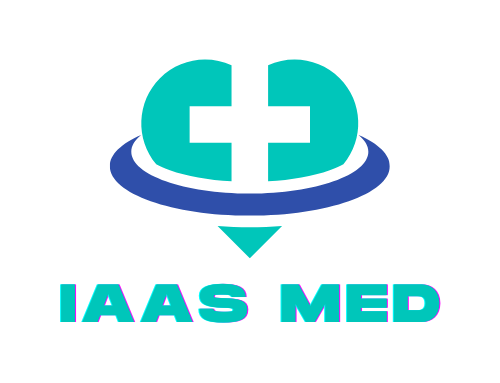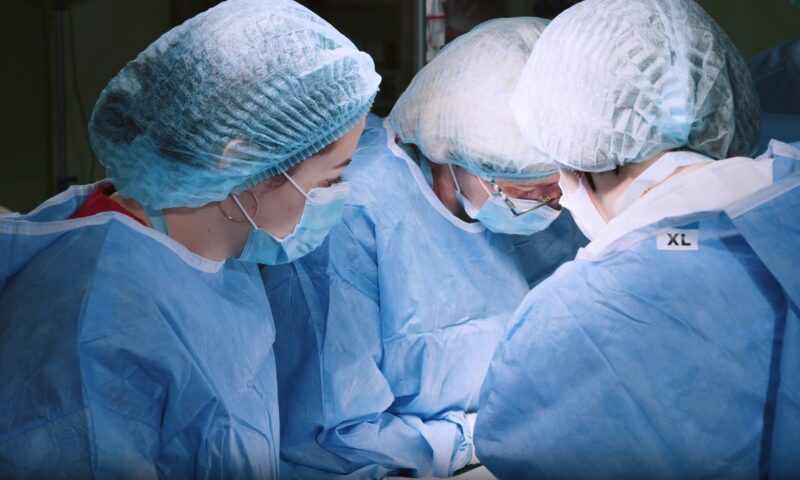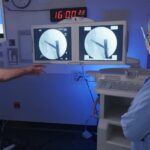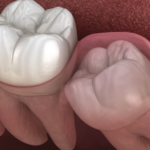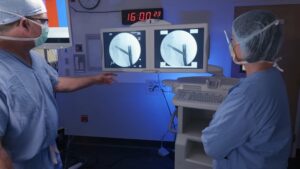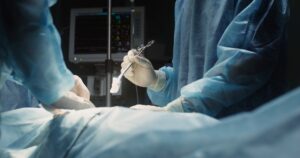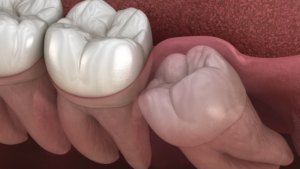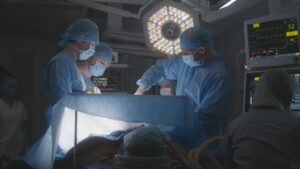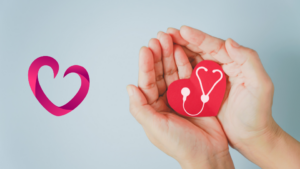Gallbladder removal surgery is a common procedure usually performed due to the presence of gallstones, gallbladder inflammation, or other gallbladder-related issues. The gallbladder is a small organ that plays a role in digestion, particularly in the breakdown of fats.
Its removal can lead to changes in the digestive process, which in turn can impact body weight. Weight loss after this procedure is a topic that interests many who are about to undergo or have undergone this surgery. In this blog post, we’ll explore everything you need to know about it.
Digestive Changes Post-Surgery
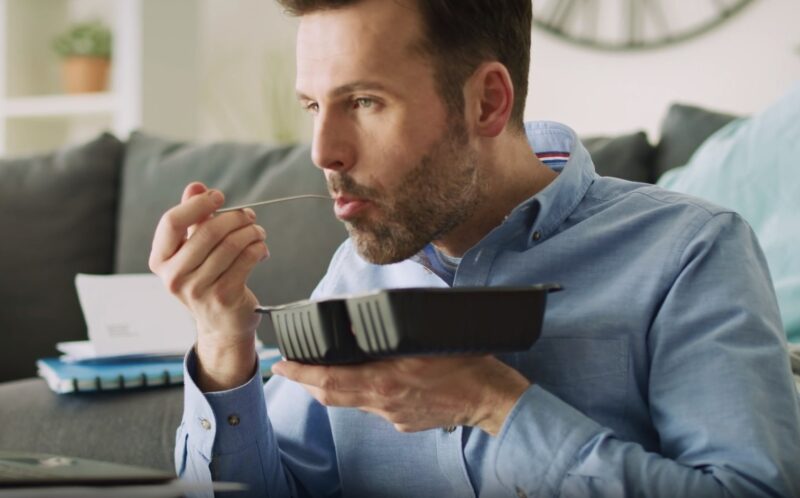
After the gallbladder is removed, the body undergoes adjustments in how it processes fats. The gallbladder’s main function is to store bile produced by the liver and release it into the small intestine to aid in fat digestion.
Without the gallbladder, bile flows directly from the liver to the small intestine. This change can lead to differences in digestion, especially soon after the surgery, as the body adapts to the absence of the gallbladder.
Weight Loss Dynamics
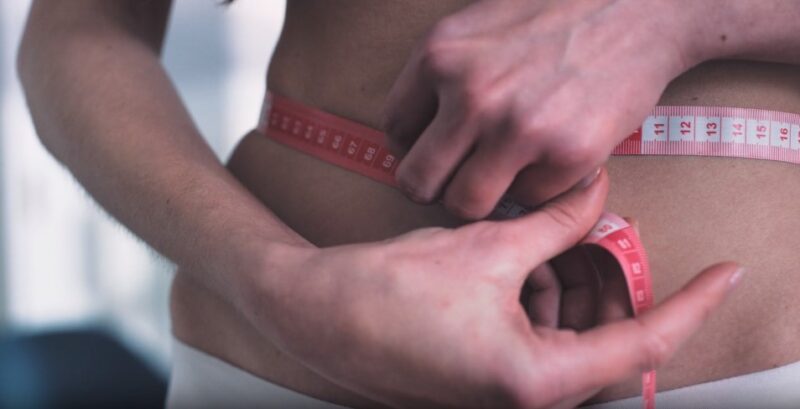
Weight loss after gallbladder surgery is not uncommon, but it’s not a guaranteed outcome. Some people lose weight due to the dietary changes they make post-surgery. After the removal, a low-fat diet is often recommended to ease digestion and minimize gastrointestinal discomfort.
This dietary shift can lead to a reduction in calorie intake, which may cause weight loss. In the initial weeks after surgery, weight loss can be more pronounced. This is often due to a reduced appetite, post-operative stress, or a temporary difficulty in digesting certain foods, especially fatty ones.
However, this initial weight loss is usually temporary, and weight tends to stabilize as the body adjusts to the absence of the gallbladder.
Long-Term Weight Management
Long-term weight management after gallbladder removal is largely dependent on dietary and lifestyle choices. Adhering to a balanced diet and maintaining an active lifestyle are key to managing weight.
Some individuals might experience weight gain over time if they consume a diet high in calories and low in nutrients, especially if their physical activity levels are low.
The Role of Healthy Diet and Exercise

A healthy diet and regular exercise are crucial for weight management. A diet rich in fruits, vegetables, whole grains, lean proteins, and low in processed foods and high-fat content can help in maintaining a healthy weight.
Additionally, regular physical activity, tailored to the individual’s health status and preferences, plays a vital role in overall health and weight management. Here’s a sample meal plan that can be adjusted based on individual dietary preferences and nutritional needs:
| Meal | Food Description |
|---|---|
| Breakfast | Oatmeal made with skim milk, topped with fresh berries, and a teaspoon of honey. |
| Snack | A small apple and a handful of almonds. |
| Lunch | Grilled chicken breast with a side of steamed broccoli and brown rice. |
| Snack | Carrot sticks with hummus. |
| Dinner | Baked salmon with a side of quinoa and mixed vegetables (like zucchini, bell peppers, and carrots). |
| Dessert | A small serving of low-fat Greek yogurt with a drizzle of honey. |
General Guidelines
- Focus on foods that are low in fat, as high-fat foods can be harder to digest after gallbladder removal.
- Eating smaller, more frequent meals can be easier on your digestive system.
- Drink plenty of water throughout the day to stay hydrated.
- Include fiber-rich foods, but introduce them slowly to avoid gas and bloating.
- These can cause discomfort and are harder to digest without a gallbladder.
Gastrointestinal Symptoms and Weight Changes
Some people experience gastrointestinal symptoms post-surgery, such as diarrhea or fat malabsorption. These symptoms can impact nutrient intake and absorption, which might contribute to weight changes.
It is important to address these symptoms with a healthcare provider to ensure that they are properly managed.
Importance of Medical Advice
Consulting with healthcare providers for personalized advice is crucial. They can offer guidance on diet and lifestyle adjustments suitable for the individual’s health status and needs.
It’s important to follow medical advice to ensure that the body receives the necessary nutrients and to minimize the risk of complications.
FAQs
Can I ever eat fried or high-fat foods again after gallbladder removal?
It’s possible to reintroduce fried or high-fat foods into your diet gradually, but it should be done cautiously. Some people may tolerate these foods in small amounts, while others might experience discomfort or digestive issues. It’s best to start with a small portion and monitor how your body reacts.
Are there any specific vitamins or supplements I should take post-surgery?
Post-surgery, you might need to supplement with fat-soluble vitamins (A, D, E, and K) if you experience fat malabsorption. However, it’s crucial to consult with your healthcare provider before starting any supplements to ensure they are necessary and safe for you.
How long after gallbladder removal surgery should I wait before returning to a regular diet?
The transition back to a regular diet varies from person to person. Some may start introducing regular foods within a few weeks, while others may need a longer period. It’s important to follow your doctor’s advice and listen to your body, gradually reintroducing foods and noting any adverse reactions.
Is it normal to experience changes in bowel movements after gallbladder removal?
Yes, changes in bowel movements, such as diarrhea or more frequent bowel movements, can occur after gallbladder removal. This is typically due to the continuous flow of bile into the intestines. Dietary adjustments and medications can help manage these symptoms.
Can gallbladder removal affect my metabolism?
Gallbladder removal doesn’t directly affect metabolism. However, changes in diet and digestion post-surgery can indirectly influence metabolic rate. It’s important to maintain a balanced diet and regular exercise to support metabolic health.
Will I need to be on a special diet indefinitely after gallbladder removal?
Not necessarily. Many people can return to a normal diet over time, but it often includes permanent adjustments, like reducing high-fat foods. The key is to listen to your body and make dietary choices that support your digestive health and overall well-being.
Final Words
Weight loss after gallbladder removal is influenced by various factors, including changes in diet, the body’s adjustment to the absence of the gallbladder, and lifestyle choices. While some people experience weight loss, especially in the initial period post-surgery, long-term weight management depends on a balanced diet and regular physical activity.
It is essential to consult healthcare providers for personalized advice and to address any gastrointestinal symptoms that may arise. By understanding these factors and making informed choices, individuals can effectively manage their weight and maintain overall health after gallbladder removal surgery.
Related Posts:
- Weight Loss Post Gallbladder Surgery - Essential…
- Can Hernias Affect Your Back? 9 Key Facts to Know
- What to Eat and What Not- After Appendix Removal Surgery
- What is Ambulatory Surgery? - Everything You Need to Know
- The Risks of Back Surgery - What You Need to Know…
- List Of Foods to Avoid for a Smooth Recovery After…
